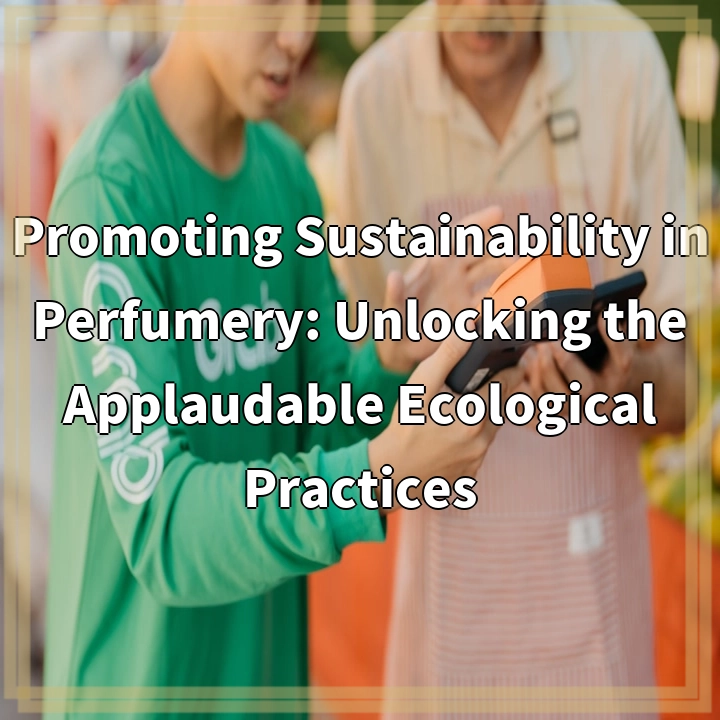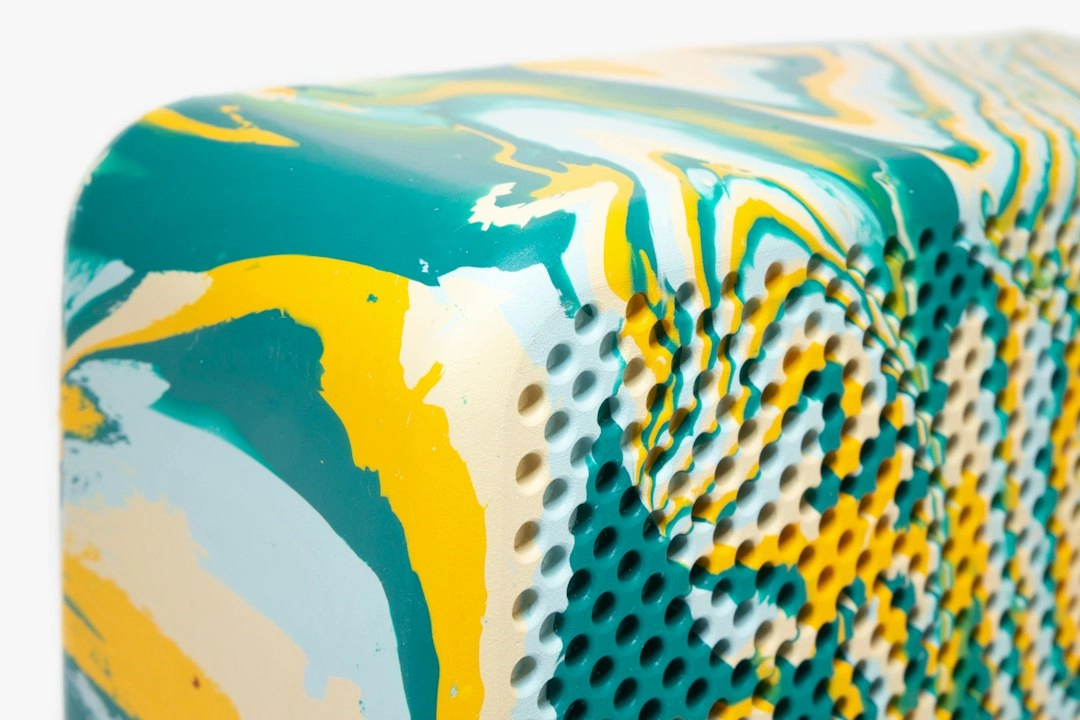
What it is:
Sustainability in perfumery refers to the adoption and promotion of environmentally-friendly practices throughout the entire life cycle of fragrance production. It encompasses sourcing of natural ingredients, manufacturing processes, packaging methods, and waste management strategies. The objective is to minimize the environmental impact and to ensure the long-term viability of the industry.
Real-world problems:
Despite the growing demand for sustainable products, the perfumery industry faces several challenges in achieving true ecological practices:
1. Ingredient sourcing:
The extraction and sourcing of natural fragrance ingredients often have significant environmental impacts. Over-harvesting of botanicals can disrupt ecosystems, threaten biodiversity, and deplete natural resources. This poses a major challenge in maintaining a balance between meeting the demand for ingredients and preserving the environment.
2. Chemical pollution:
The manufacturing process of perfumes involves the use of numerous chemicals, some of which can be harmful to the environment. Chemical pollutants, including volatile organic compounds (VOCs) and synthetic musks, contribute to air and water pollution, affecting both ecosystems and human health.
3. Packaging waste:
The perfumery industry produces a significant amount of waste in the form of packaging materials, such as glass bottles, plastic caps, and cardboard boxes. The improper disposal of these materials contributes to landfill pollution and increases carbon emissions associated with the production and transportation of packaging.
4. Testing on animals:
Historically, the fragrance industry has relied on animal testing methods to assess the safety and efficacy of perfumes. However, this practice raises ethical concerns and is inconsistent with sustainable principles. Finding alternative testing methods that are cruelty-free yet scientifically reliable is a pressing issue.
Promoting sustainability in perfumery requires a comprehensive approach to address these real-world problems. Through innovation, collaboration, and conscious consumer choices, the industry can work towards adopting applaudable ecological practices that contribute to a more sustainable future.

Solutions:
Addressing the real-world problems associated with sustainability in perfumery requires collective efforts from various stakeholders. Here are some solutions that can help promote ecological practices in the industry:
1. Sustainable ingredient sourcing:
Fragrance manufacturers can prioritize sourcing natural ingredients responsibly by working with local communities, supporting sustainable farming practices, and investing in research and development of alternative sources. This includes exploring new botanicals, promoting organic farming, and implementing fair trade practices to ensure environmental protection and social equity.
2. Transition to safer alternatives:
The perfumery industry can replace harmful chemicals with greener and safer alternatives. Companies can invest in research and development to innovate fragrance ingredients that have minimal environmental impact. These alternatives should be ethically sourced, biodegradable, and free from harmful substances, such as VOCs and synthetic musks.
3. Eco-friendly packaging:
Perfume brands can adopt sustainable packaging solutions, including the use of recyclable and biodegradable materials. They can explore innovative designs that reduce the overall amount of packaging needed and incorporate refillable or reusable options to minimize waste generation. Additionally, educating consumers on proper recycling and disposal methods can encourage responsible use and disposal of perfume packaging.
4. Ethical and alternative testing methods:
The industry can seek alternatives to animal testing by investing in advanced technologies, such as in vitro testing, computer modeling, and data sharing. Emphasizing the use of cruelty-free testing methods and supporting organizations that promote the development and validation of non-animal testing methods can lead to a more ethical and sustainable approach to fragrance safety assessment.
By implementing these solutions, the perfumery industry can make significant progress in promoting sustainability and adopting applaudable ecological practices. Collaboration among fragrance manufacturers, suppliers, consumers, and regulatory bodies is crucial to drive positive change and ensure a more environmentally-conscious future for perfumery.















